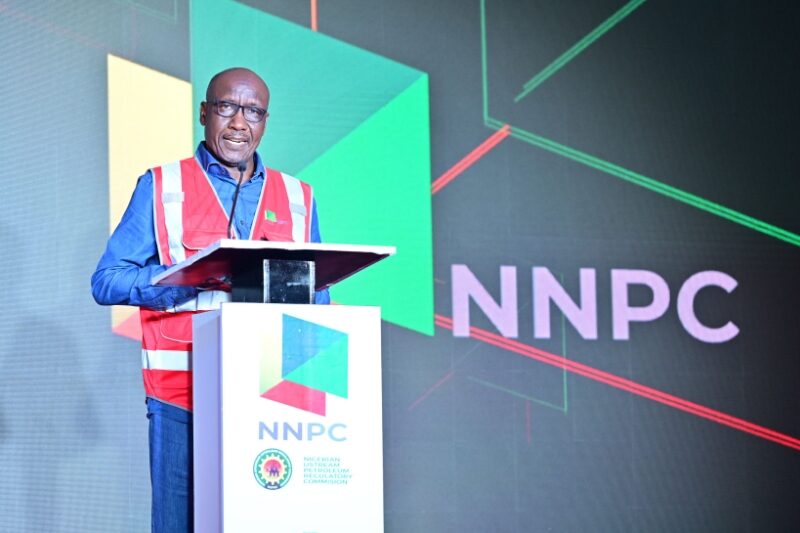Crude oil exploration in the Lake Chad Basin – which was inaugurated on Tuesday, May 23 – could have a negative effect on the environment and biodiversity.
Mustapha Adam Kolo, a senior lecturer at the geography department of the University of Maiduguri, said a critical environmental assessment should be conducted in the area.
He was responding to the inauguration yesterday of the Wadi-B Drilling Well Campaign in the Tuba community of the Jere Local Government Area in Borno State, which is about 50km from Maiduguri, the state’s capital.
Yesterday’s inauguration of the campaign by President Muhammadu Buhari signalled the formal resumption of crude oil exploration activities in the Lake Chad Basin area.
Although Buhari was not on site, Borno State governor Babagana Umara Zulum, acting on his behalf, cut the ribbon to mark the presidential inauguration.
The search for oil in the Chad Basin was suspended in 2017 after Jamā’at Ahl as-Sunnah lid-Da’way Wa’l-Jihād (JAS) insurgents, better known as Boko Haram, kidnapped scientists and geologists working for a subsidiary of the Nigerian National Petroleum Corporation, (NNPC), leaving some dead.
Mallam Mele Kyari, the NNPC’s chief executive officer, said the remobilisation of a drilling rig in the Lake Chad Basin underscored the visionary leadership of the administration to bring back hydrocarbon exploration activities in the region.
“The well is estimated to have a total depth of 14,000 feet. As a commercial enterprise, NNPC Limited sees this project as an opportunity to monetise our abundant hydrocarbon resources, by expanding access to energy to support economic growth, industrialisation and job creation across the country.”
If the drilling was successful, it was expected to yield 732 million barrels of crude oil in the coming years, he said.
Kyari disclosed on Tuesday, May 16, that the company had received a directive from Buhari to resume the search for oil, saying the region was now “peaceful enough”.
On Thursday, May 18, large lorries loaded with equipment for oil exploration were seen in Maiduguri. They were heading to the Maiduguri-Monguno road bound for the Lake Chad region. A large convoy of military and other security operatives were escorting the trucks.
But security analysts and environmental experts have urged the federal government to conduct a critical environmental impact assessment and to deploy more security personnel to ensure the safety of oil explorers and other workers in the region.
Kolo warned that the exploration could have serious side-effects that had the potential of endangering the environment, especially in the time of climate change.
“The exploration could result in land degradation which would have a negative effect on the biodiversity of the region. Fishing activities could be affected; in fact all humans, animals and vegetation could be harmed.”
Residents of Borno State have welcomed the resumption of oil exploration.
Bashir Alhaji Bukar, originally from the Magumeri Local Government Area but now living in Maiduguri, said the oil exploration and drilling in the state would go a long way in creating jobs for the youth.
“It will pave the way for overall development not only in Borno State but also Nigeria as a whole.”
• On Monday, May 22, the Dangote Refinery, owned by Aliko Dangote – a Nigerian businessman and industrialist – was inaugurated in Lekki, a city in Lagos State.
When in full operation, it is expected to have the capacity to process about 650,000 barrels per day of crude oil, making it the largest single-train refinery in the world.
SHETTIMA LAWAN MONGUNO








